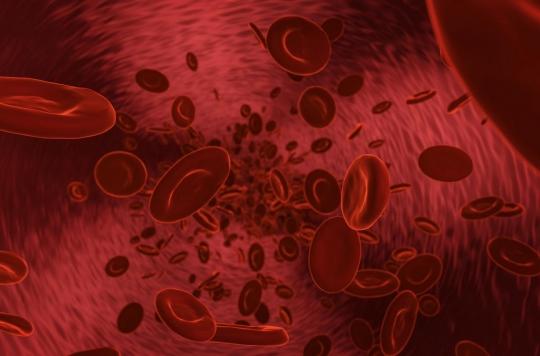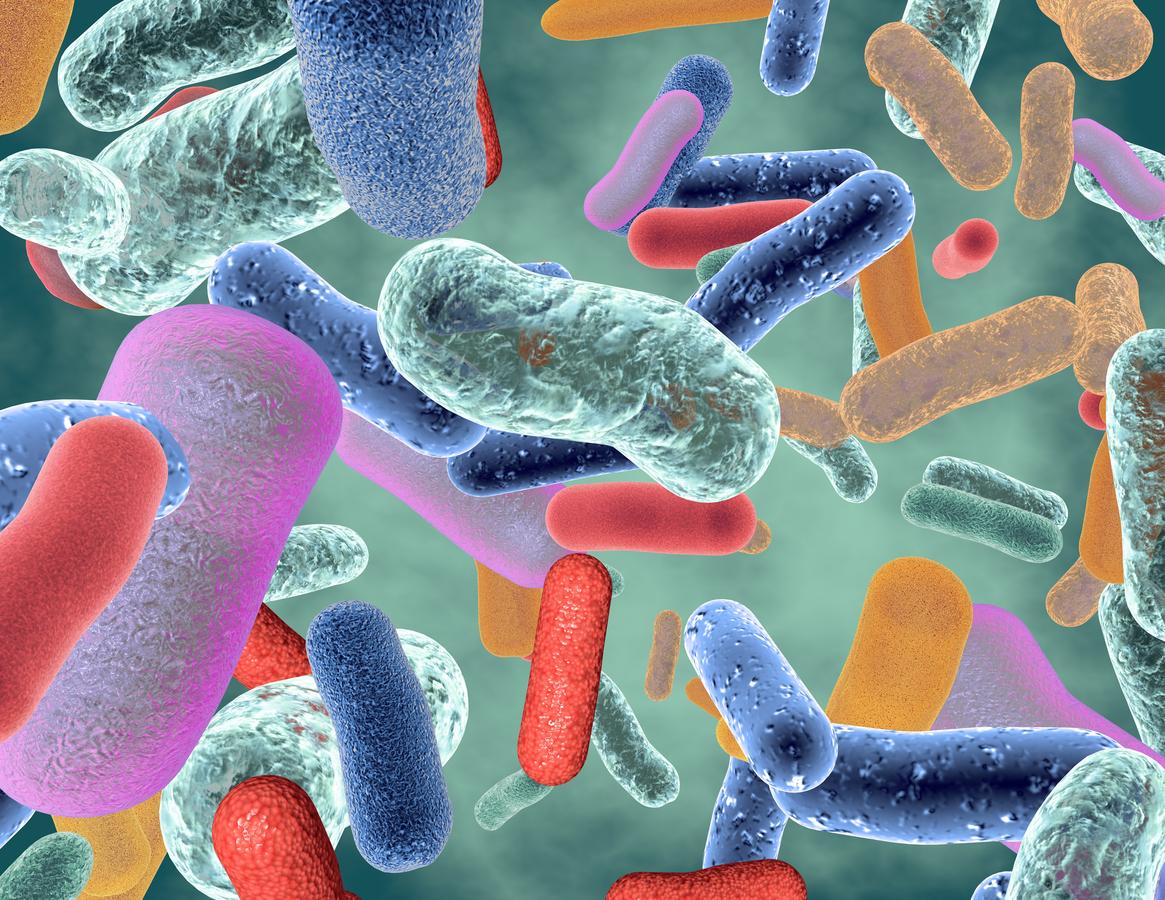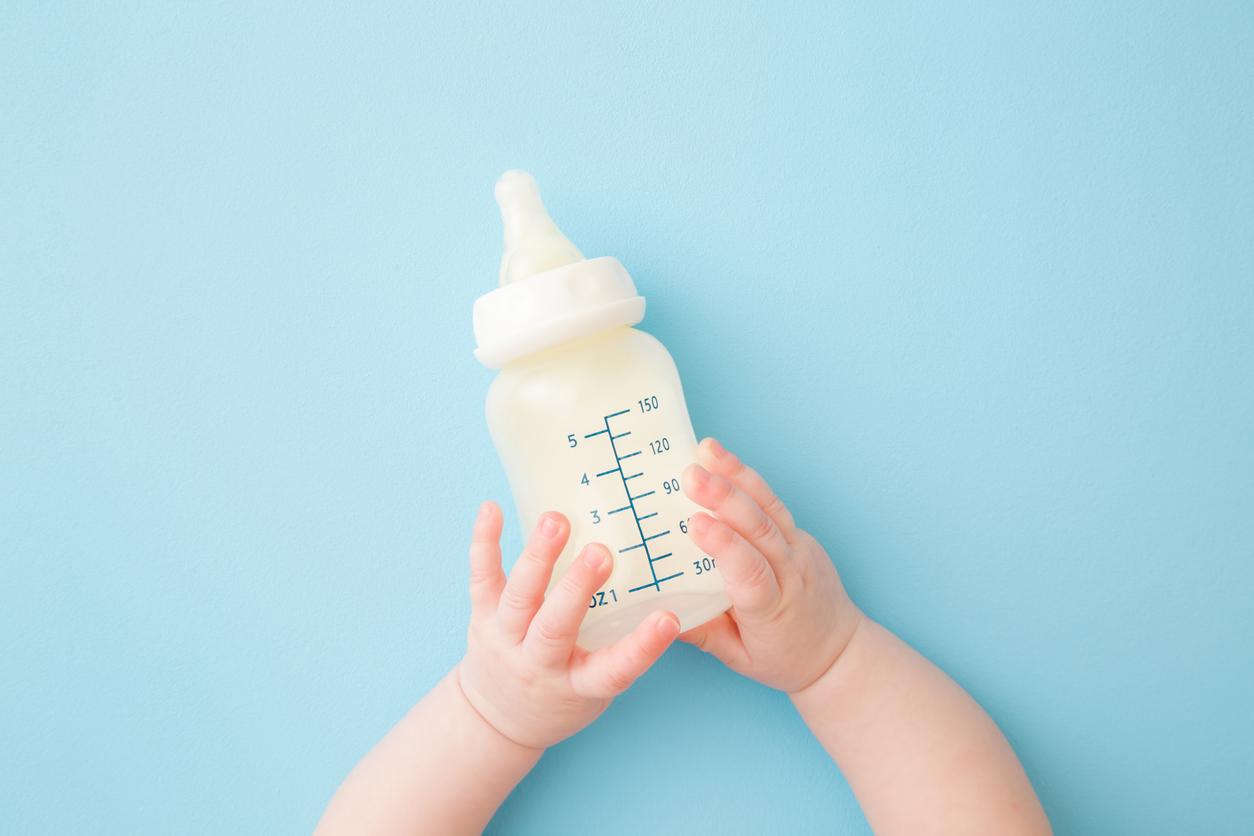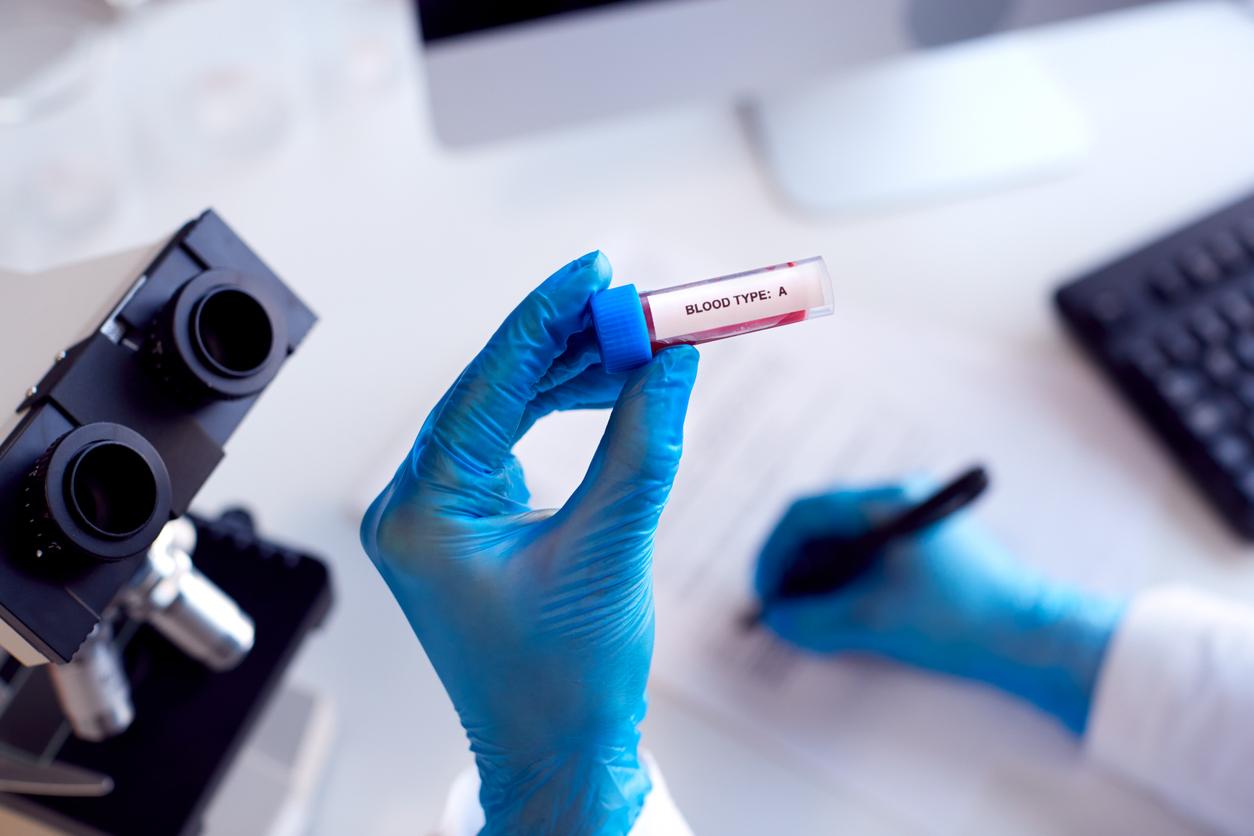The ABO blood group would favor certain protective intestinal bacteria against inflammatory bowel disease (IBD).

- Blood groups A, B and AB, associated with a secretor status, are potentially protective against IBD.
- Researchers have discovered a gene that links microbiota composition and blood type.
The intestinal microbiota continues to interest researchers who are discovering that it is increasingly important to the state of health of our organism. German scientists have recently discovered that the microbiota is linked to blood groups and that these have an influence on inflammatory bowel diseases (IBD): ABO blood groups would allow better protection. The results of this study were presented on January 18 in the journal Nature Genetics.
The key bacterium identified
Blood groups A, B, AP and O depend on the presence of certain sugars on our red blood cells. For most people, about 80%, these sugars are also present in our secretions such as saliva, urine, or even intestinal secretions. Some bacteria in our intestines use these sugars as an energy source. Researchers have discovered a gene that links microbiota composition and blood type. “Our results suggest that the presence of certain gut bacteria is linked to genetics and can potentially also influence host traits, including IBD.”, continues Malte Rühlemann, main author of this study, to Science and Future.
The researchers identified Bacteroides, bacteria present in the microbiota, as being associated with group A and B sugars conferring protection against IBD. “We found this particularly interesting, because this gene not only influences blood groups, but also body secretions, for example in the intestinal mucosadescribes Malte Rühlemann. We could conclude that blood groups A, B and AB, associated with a secretor status, are potentially protective against IBD, possibly in interaction with this bacterium..”
Results to be confirmed
For the study, the researchers analyzed the genome and the stools of nearly 9,000 volunteers. They found 38 genetic sequences associated with the composition of the microbiota and the Bacteroides in particular which codes for the blood group. This discovery could help find new treatments for IBD. “Although I am not sure that the microbiota is the only target that will help cure these chronic inflammatory disorders, I am very sure that targeting the microbiota is definitely part of a multi-angle treatment for IBD”, rejoices the researcher.
This study must be confirmed since it is only an observational study and not a causality one. “Our results clearly suggest that blood groups and microbiota are linked, and microbiota has previously been suggested as a trigger for IBDsupports Malte Rühlemann. I am convinced that this is an important factor and we are already planning other more targeted experiments to follow up on it..”

.

















